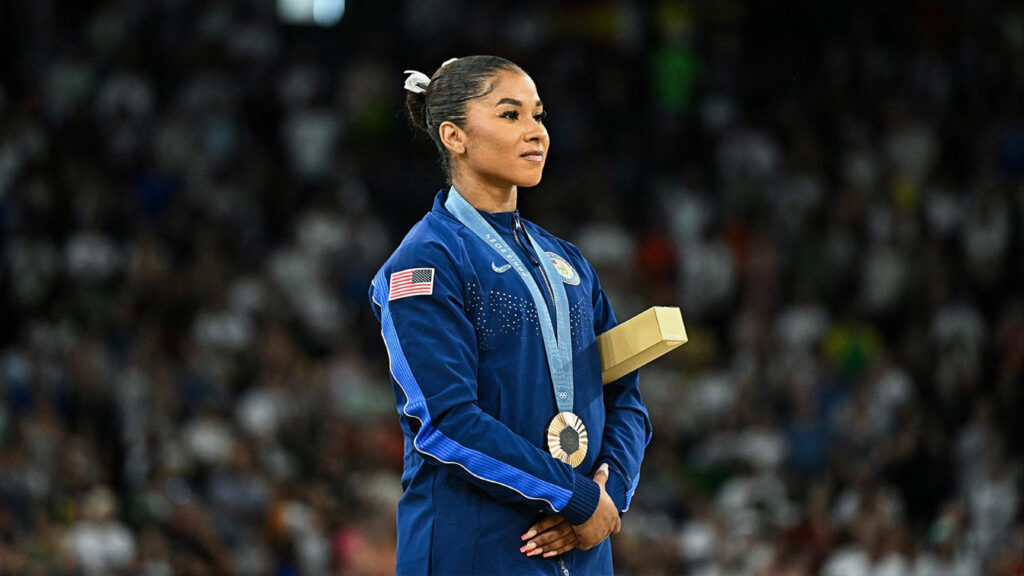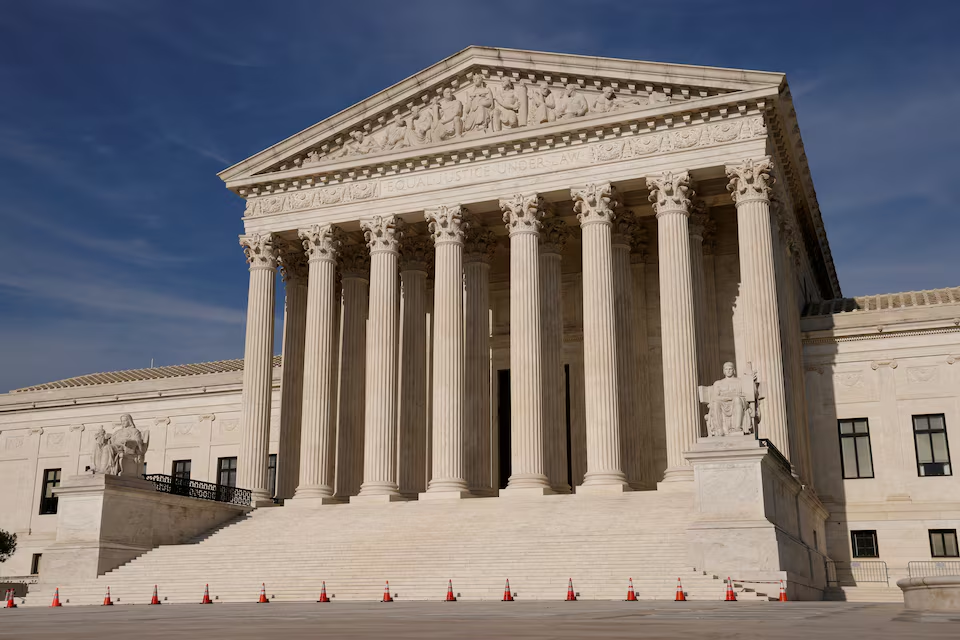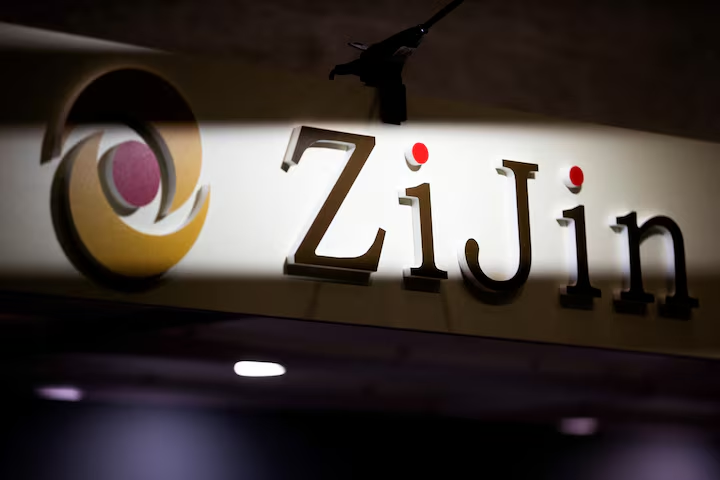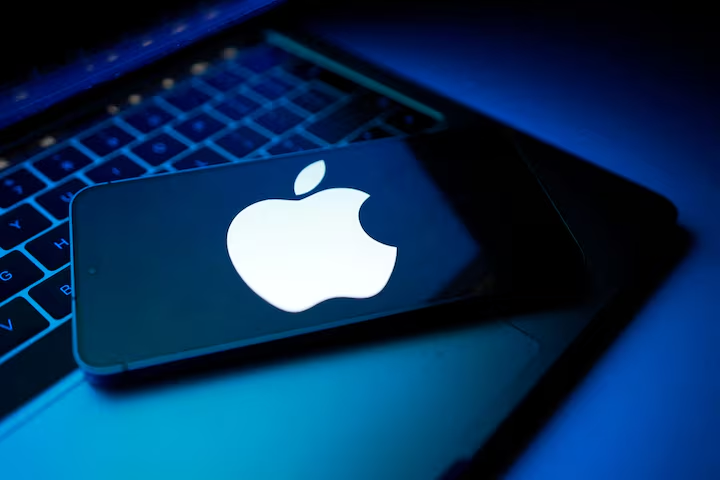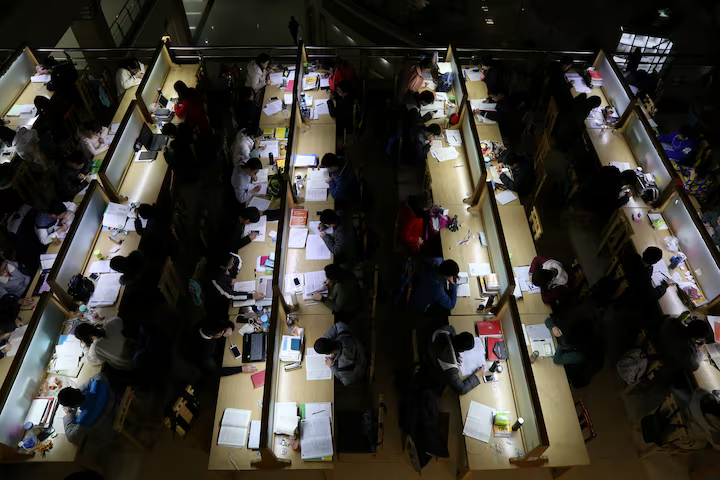The intersection of sports and law rarely produces cases as compelling as the current dispute over Jordan Chiles’ Olympic bronze medal. The American gymnast’s appeal to Switzerland’s Federal Supreme Court has brought into sharp focus questions about procedural fairness, timing precision, and the integrity of sports arbitration at the highest levels.
The Paris Floor Exercise: A Moment of History and Controversy
What began as a historic moment in Olympic gymnastics—the first time three Black women shared an Olympic gymnastics podium—has evolved into a complex legal battle centered on mere seconds. During the Paris Olympics floor exercise final, Chiles initially scored 13.666, placing her fifth behind Romania’s Ana Barbosu’s 13.7. A successful inquiry by Chiles’ coach led to a score adjustment to 13.766, securing the bronze medal.
The Arbitration Decision
The Court of Arbitration for Sport’s (CAS) subsequent ruling hinged on a remarkably narrow technical point: whether the scoring inquiry was filed within the mandatory one-minute window after the competition’s conclusion. The CAS panel determined that the inquiry came four seconds too late, leading to an unprecedented decision to strip Chiles of her medal and award it to Barbosu.
Legal and Procedural Questions
Several aspects of the case raise significant concerns about procedural fairness in sports arbitration:
- Evidence Consideration
- U.S. gymnastics officials claim to possess video evidence showing the inquiry was filed on time
- The CAS declined to review this evidence in their initial ruling
- The timing discrepancy of just four seconds raises questions about measurement precision in high-stakes decisions
- Arbitrator Independence
- The revelation that presiding arbitrator Hamid Gharavi currently represents Romania in other international proceedings has raised eyebrows
- While this connection was disclosed and not initially objected to, it highlights broader questions about arbitrator independence in international sports law
- Due Process Concerns
- Chiles’ legal team argues she wasn’t given adequate opportunity to prepare a defense
- The speed of the initial arbitration process has been questioned
- The existence of potentially exculpatory video evidence that wasn’t considered raises procedural concerns
The Swiss Appeal: A Last Resort
The appeal to Switzerland’s highest court represents more than just an athlete’s attempt to reclaim a medal. It challenges fundamental aspects of sports arbitration:
- The right to present evidence in one’s defense
- The standard for timing precision in sports decisions
- The role of arbitrator independence in international sports law
- The balance between swift resolution and procedural fairness
Beyond the Legal Arena
This case has implications that extend beyond sports law:
- The Human Impact
- Chiles has faced racist online abuse following the controversy
- The historic nature of the original podium adds cultural significance to the case
- The dispute has affected both athletes’ careers and reputations
- Technological Questions
- The case raises issues about timing precision in modern sports
- Questions about video evidence and its role in arbitration
- The need for clear standards in measuring time-sensitive decisions
Looking Forward
The Swiss Federal Supreme Court’s decision could have far-reaching implications for:
- Future Olympic disputes and their resolution
- Standards for timing-based decisions in international sports
- Requirements for evidence consideration in sports arbitration
- Procedures for medal reallocation
- Arbitrator selection and independence standards
Conclusion
The Jordan Chiles case represents more than a dispute over four seconds—it challenges the foundations of sports arbitration and raises crucial questions about fairness, precision, and due process in international sports law. As the Swiss Federal Supreme Court considers the appeal, its decision could reshape how future Olympic disputes are handled and set new standards for procedural fairness in sports arbitration.
The outcome of this case may well influence not just Chiles’ medal status, but the future of how sports disputes are resolved at the highest levels. It underscores the need for arbitration systems that can balance swift resolution with thorough consideration of evidence, while maintaining unquestionable independence and fairness.

